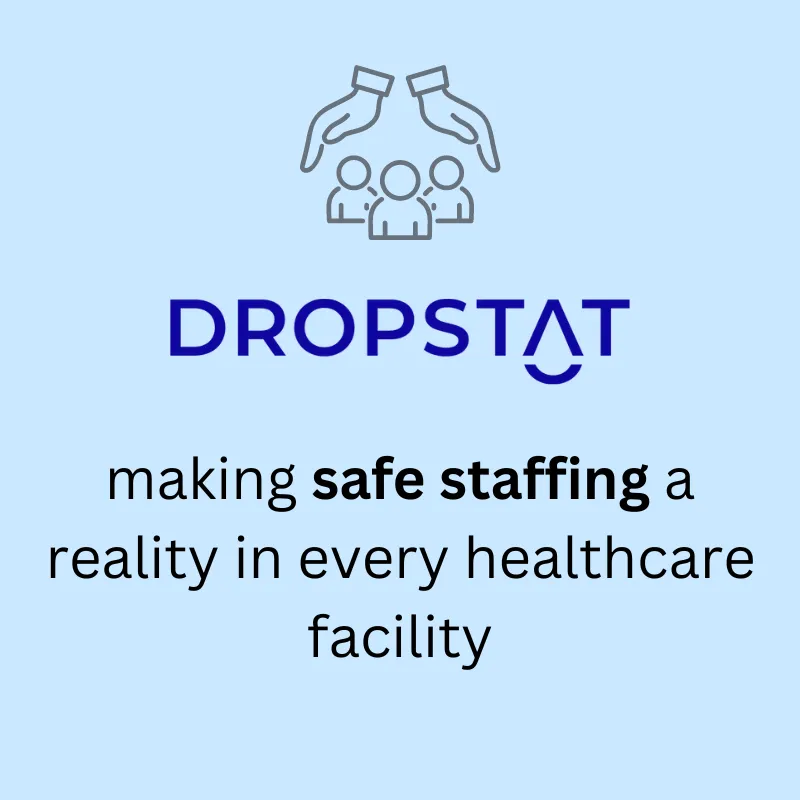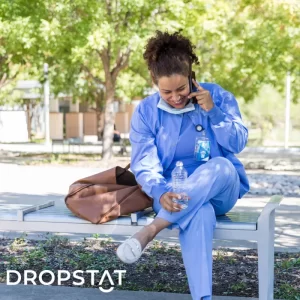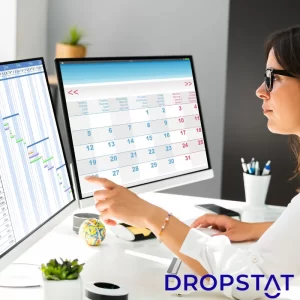What is credentialing?
Credentialing refers to recognizing an individual’s skills, qualifications, and work history through a license or certificate. Through credentialing, the individual’s performance level can be compared to those of their peers and used to make work-related decisions. In major healthcare facilities, each registered nurse has credentials, and for many, this determines their rank and work status.
What is credentialing in nursing?
Ever since the Institute of Medicine (IOM) called on nurses to invest in continuing nursing education (CNE) and take on greater responsibilities in healthcare, nurses have been seeking higher nurse certificates and qualifications, which are recognized by a nurse credentialing process. Credentialing for nurses, which used to be a process for physicians alone, is only an option for registered nurses (RNs) and APRNs (advanced practice registered nurses). Credentialing indicates nursing excellence and nursing skills; a nurse’s credentials dictate the type of care each U.S. State permits healthcare practitioners to offer.
Credentialing shows professionalism and reassurance. The American Nurses Association (ANA) recommends that credentialed nurses display their nursing credentials.
Using standard letters after nurses’ names has a number of benefits:
- Standardization of credentials adds credibility
- A recognizable standard of nursing practice indicates professionalism
- Identifying nurses clearly reassures patients that patient care is the top priority.
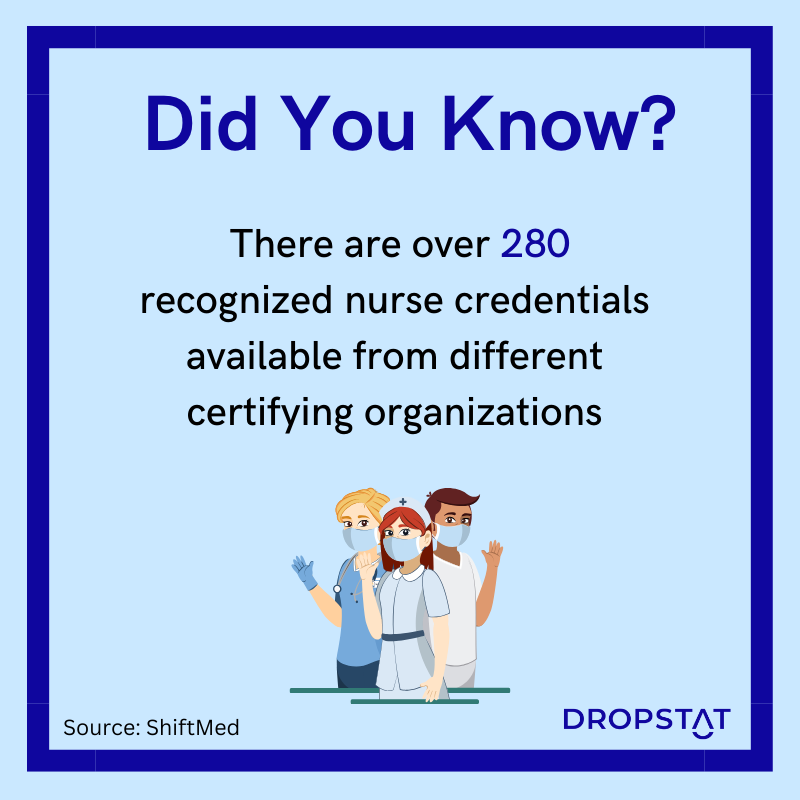
Why is credentialing important for nurses?
Nurse credentialling prepares nurses to grow and allows them to:
- plan for advancement in their nursing careers
- they can issue prescriptions and sign medical records (in some states)
- as they advance, they have more control over work-life balance
- earn easier scheduling options
- earn a higher salary
It is also advantageous to employers. Ultimately, credentials for nurses offer nurses’ employers more long-lasting nursing staff who are dedicated to their careers and their place of work. There are multiple financial and practical advantages of lasting nurse employee retention.
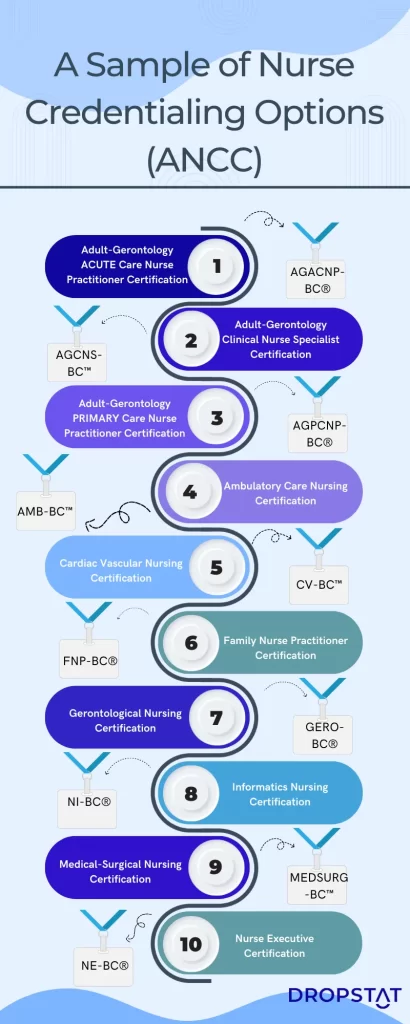
Who awards nursing credentials?
The employers initiate the credentialing process, which is carried out through nurse credentialing organizations. According to Duquesne University School of Nursing, there are around 40 credentialing bodies. The main nurse credentialing organizations are:
- AACN – The American Association of Critical-Care Nurses
- ANCC – The American Nurses Credentialing Center
- AANP – The American Association of Nurse Practitioners
- MSNCB – The Medical-Surgical Nursing Certification Board
Why hospital executives should understand nursing credentials
As an executive, you have HR staff to do the work of hiring; however, to be really involved with the quality of the nurses your healthcare organizations hire, you should be familiar with:
- The national nursing certification list, that covers nursing licensure requirements by State.
- Certification credentials with the various initials that nurses will use after their names, such as the list provided on the ANCC’s website (pages on the ANCC certification program and nurse credentials).
Hospital executives should understand nursing credentials for several reasons. You can then:
- Recognize and value the credentialled nurses you have on board
- Encourage competent nurses to become credentialled
- If you hire new staff nurses or if the hospital must hire contract nurses, vetting will ensure only the best nurses are allowed to join the hospital.
- Offer competitive compensation based on credentials.
Nurse credentialing or nurse certification?
Nurses can become certified once they are fully qualified and credentialed. Certification is for nurses who choose to further their education. Certification complements a nurse’s credentialed status, as nurse credentialing is a function of a nurse’s career path.
Some nurses also study for specialized nursing certificates if they want to work with specific populations, such as pediatrics or forensics, or to become nurse practitioners (NPs).
Benefits of healthcare providers recognizing nursing credentials
Hospital executives recognize that nurse credentialing belongs in nursing and offers many benefits. These are some of the benefits credentialing of nurses offers:
- Nursing staff benefits from opportunities to learn and achieve higher credentials.
- Nurses are motivated to advance their careers, advancing their nurses’ education and professional development.
- Hospitals benefit from the nurses’ achievements as the talent pipeline is fed with increasingly qualified nurses.
- Patients benefit, too, and appreciate being treated by specialty nurses. 73% of American consumers say they prefer hospitals that hire more nurses with certifications and credentials.
4 reasons to include nurse credentials when scheduling nurse timetables
Scheduling nurses while taking in board nurse competency and nurse credentials offers 4 advantages:
- Responsibility and mentorship: Each shift has a more qualified nurse to bear responsibility and answer junior nurses’ questions. Junior nurses will be relieved of stress, and senior nurses can be recognized for their professionalism and mentoring capabilities.
- Evenly shared workload: No shift is overwhelmed by more challenging patients with insufficiently qualified nurses. This reduces stress levels for nurses across the board and may even improve retention statistics for your facility.
- Answers compliance needs: To be HPPD compliant; it is advisable that all required nursing specialties be present on each nursing shift. Repeatedly satisfying compliance requirements will boost your facility’s reputation.
- Better patient outcomes: Patient care benefits from a more satisfactory nursing staff organization with improved workload distribution, which leads to quality patient outcomes and better recuperation and readmission levels.
Ensure your staff’s credentials are entered into their staff ID tag (the digital and physical badges) and on the staff database. The staff and the nurse scheduler are responsible for updating the database when a nurse has earned a new credential. Then, ensure your nurse schedulers know the qualifications of nurses so they can place the right number of qualified nurses on each shift.
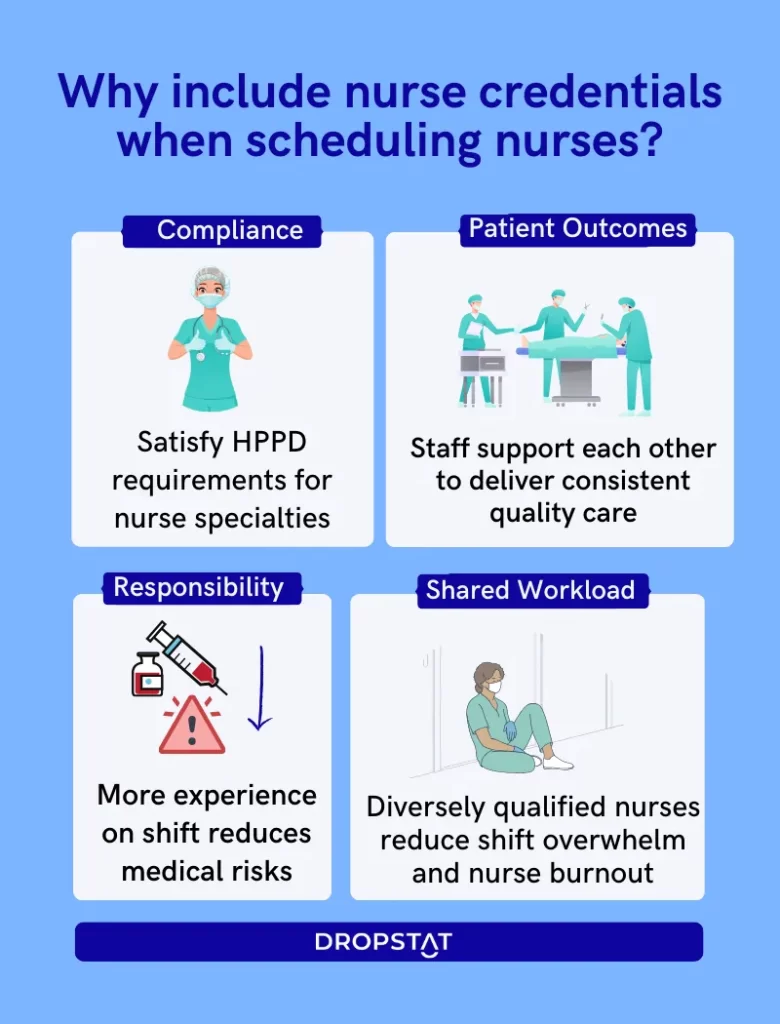
How Dropstat helps your healthcare facility leverage nurse credentials
Dropstat is a frontline AI-powered nurse scheduling app that uses predictive analysis to schedule nursing shifts. Automating nurse scheduling saves nurse schedulers many hours of scheduling and logistical headaches. Since the app digitizes nurses’ schedules, it’s easy to schedule and simple to adjust which nurses work in each shift, subject to the nurse scheduler’s senior-level approval.
Automated nurse schedules allow schedulers to see at a glance when nurse shifts are fully staffed and whether nurses with the right specialties are present in every shift or department in your healthcare organization.
In addition to ease of scheduling, Dropstat displays nurses’ credentials and classification assigned to their worker status. To review the upcoming status of any shift—which can be scheduled up to 2 months in advance—nurse schedulers and nurse leaders simply glance at the schedule on screen or print it. Your health organization’s nurse shifts can be more balanced, HPPD compliant, and a pleasure for your nurses to work in.
Schedule a demo to discover how Dropstat can help your healthcare organization leverage nurse credentialing.
